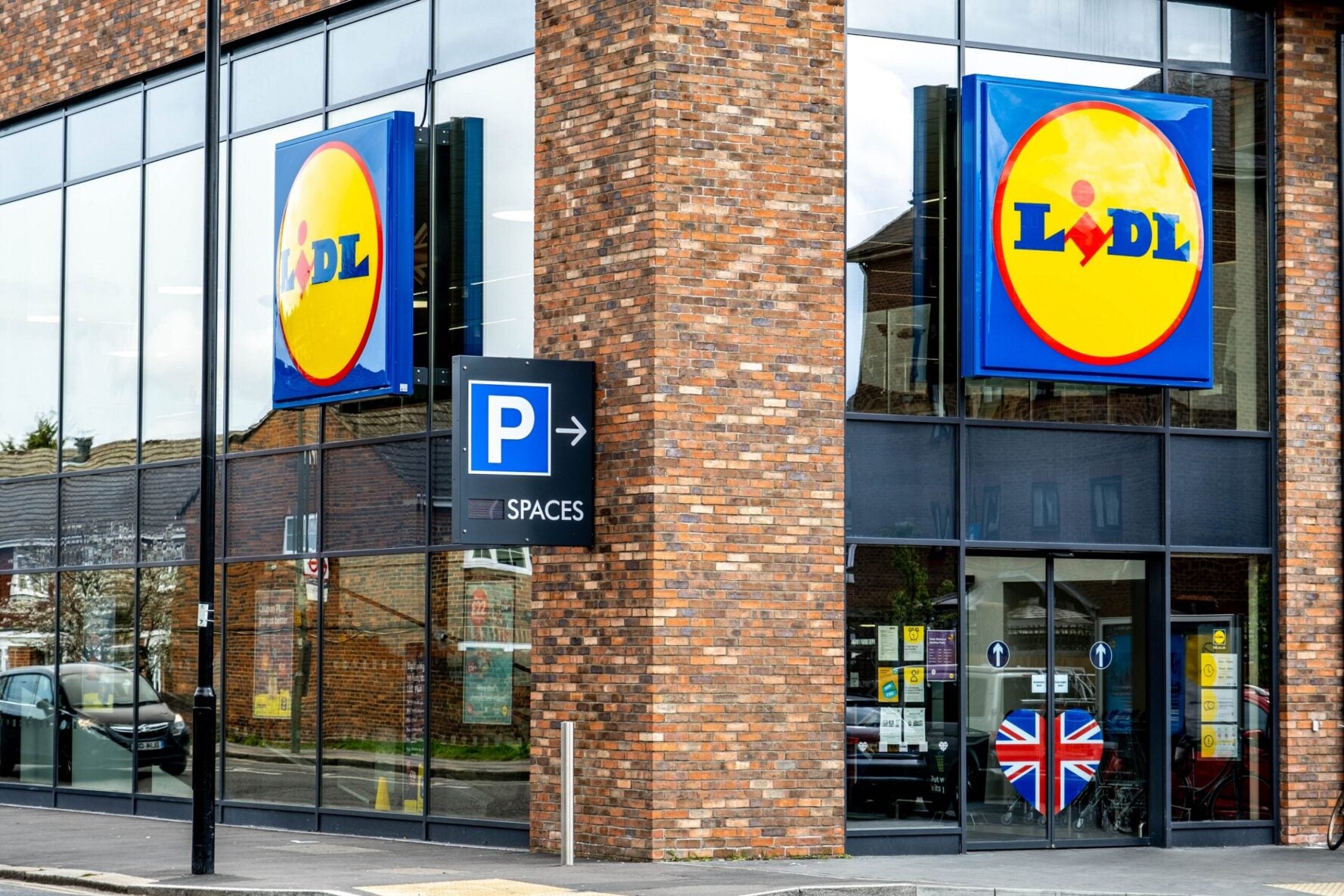
Grocery price inflation in the UK accelerated to an all-time high of 13.9% in September, with further evidence of consumers trading down to retail private label.
Kantar, which compiled the data, said the increase – up from 12.4% through August – leaves grocery inflation at the highest level since the market research firm began tracking prices in this way during the 2008 financial crisis.

Discover B2B Marketing That Performs
Combine business intelligence and editorial excellence to reach engaged professionals across 36 leading media platforms.
Fraser McKevitt, head of retail and consumer insights at the company, said: “The cost-of-living crisis is still hitting people hard at the checkouts and this latest data will make tough reading for many. Based on our numbers, the average household is facing a GBP643 (US$709.89) jump in their annual grocery bill to GBP5,265 if they continue to buy the same items. Taking that at a basket level, that’s an extra GBP3.04 on top of the cost of the average shopping trip last year, which was GBP21.89.”
Kantar found that shoppers are buying imperfect produce to help manage price rises. Collectively, sales of ranges like Tesco Perfectly Imperfect and Morrisons Naturally Wonky were up 38% in the month.
Supermarket own-label lines have also grown again, by 8.1%, while branded items declined by 0.7%.
Reflecting shoppers’ search for value, for the fifth month in a row discounter Lidl was the fastest-growing grocer, with sales up 20.9% in the 12 weeks to 2 October, marginally ahead of Aldi, which saw sales rise by 20.7%.

US Tariffs are shifting - will you react or anticipate?
Don’t let policy changes catch you off guard. Stay proactive with real-time data and expert analysis.
By GlobalDataBut, perhaps reflecting the price-hikes on many branded items as manufacturers seek to combat some of the inflationary pressures they are facing in the supply chain, grocery spending rose by 4.8% in the 12 weeks.
Kantar suggested that the scale of price rises is trumping sustainability concerns for many people.
McKevitt said: “Nearly one year on from the COP26 summit, consumers’ commitment to the environment is coming under pressure in the face of financial worries. The proportion of British shoppers who try to buy products with more environmentally-friendly packaging has slipped to 59%, down from 62% last year.”
On Friday, the FAO reported its index of select food commodity prices eased for a sixth month in September, trimming gains on a rolling annual basis that have partly been driven by the war in Ukraine.
The FAO Food Price Index tracking a basket of five commodities – veg oils, cereals, meat, dairy and sugar – edged down 1.1% in September from a month earlier to average 136.3. The gauge was still up 5.5% from last year.
Just Food analysis, August 2022: Inflation outlook uncertain as food wrestles with consumer anxiety





